Nuclear disasters
Where can I find information about nuclear disasters?
(Years 7-10)
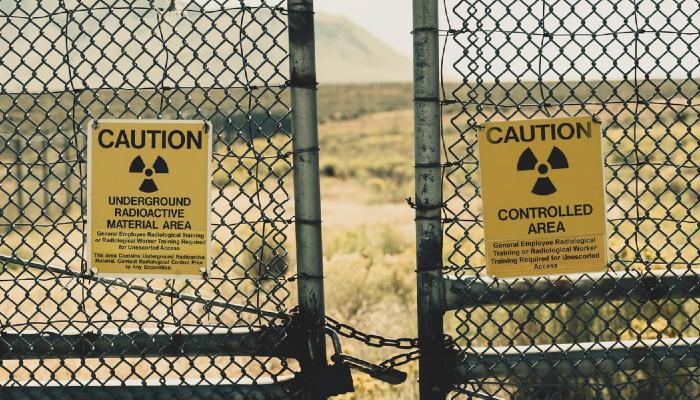
Image: Free Symbol Image by Dan Meyers on Unsplash.
Entry last updated: 10/07/25
Introduction
Nuclear power is another source of power like wind, water or solar power. It is a cheap, reliable and clean source of energy, however the biggest disadvantage is that it can be very dangerous when accidents (natural or man-made) occur. This can result in a huge cost to human life and the destruction of the environment. The Chernobyl nuclear disaster in Ukraine is one such disaster that occurred on 26 April 1986.
Nuclear disasters
Here is a list of famous nuclear disasters:
Chernobyl disaster: a reactor explosion at the Chernobyl Nuclear Power Plant in Ukraine, 1986.
Fukushima Daiichi disaster: an earthquake and tsunami triggered meltdowns and explosions at Fukushima Daiichi Nuclear Power Plant in Japan, 2011.
Hiroshima and Nagasaki atomic bombings: two nuclear bombs were dropped by the United States of America on the cities Hiroshima and Nagasaki in Japan, 1945.
Kyshtym disaster: a liquid radioactive waste tank exploded at Mayak plutonium production plant in Russia, 1957.
Three Mile Island disaster: a radiation leak and near-meltdown at Three Mile Island nuclear power plant in the USA, 1979.
Windscale disaster: a fire resulted in radioactive contamination being released at Windscale nuclear reactor facility and plutonium-production plant in England, 1957.
General websites
Here is a list of websites that will help you find information about nuclear disasters, how they happen, and the impact they can have on life and the environment.
This is another great website to search for articles on science and technology. Each article has the name of the author and the date when it was last updated. There are several ways to search the website.
You can use the A-Z index at the top of the page to look for nuclear power.
Or, use the search bar to type in 'nuclear power'.
You will find an article called nuclear power plants which explains atomic energy and how a nuclear power plant can explode.
Scroll down to the end of the page to find related topics, websites, articles and a list of recommended book titles.
Tips: Websites that have .com or .co in the address can have good information, but you need to assess how reliable it is. Check the About us link on the website, if you can find one. That can tell you what the company’s mission and values are.
The aim of this association is to provide a reliable understanding of nuclear energy and its use.
Look for the tab called Information Library, then go to Safety and Security.
Safety of Plants has links to some important information on Safety of Nuclear Power Reactors and accidents in Chernobyl in Ukraine and Tokaimura in Japan, explaining how they happened and what the effects were.
Also, look at Radiation and Health to read Nuclear Radiation and Health Effects.
Explore all the other tabs to find more information on this topic.
Tips: Websites that have .org or .net in the address can have good information, but you need to assess how reliable it is. Check the About us or Who we are link on the website, if you can find one. That can tell you what the organisation’s mission and values are.
EPIC resources
EPIC is a collection of reliable databases covering lots of different topics. It’s put together especially for New Zealand school students and helps to answer questions like this.
Tips: To use the EPIC resources, you need a password from your school librarian. Or chat with one of our AnyQuestions librarians to help you online. Some EPIC databases may also be available through your public library.
This online version of Encyclopaedia Britannica covers history, geography, social sciences, technology and science topics.
Select the Middle level to begin and type in 'nuclear disasters'.
The results deal with the dangers of nuclear power such as Radioactive Pollutants, Nuclear weapons and Fallout (nuclear physics).
At any time you can move up or down a reading level by selecting from Article Reading Level at the top of each page.
Tips: Search words, or keywords, are the most important words in our question. Usually, it’s better to leave out small words like ‘the’, ‘a’ and ‘of’ and just choose the main ones, eg 'nuclear disaster'. We can always change our keywords or add more if we need to.
Environmental Studies (Gale in context)
This website is helpful for looking at the effects of nuclear disasters on health and the environment.
Enter the keywords 'nuclear disasters' (or the name of any nuclear disaster) into the search bar at the top of the page.
You will find a range of articles, videos, audio, images, news and primary sources and more on this topic.
Read the article Fukushima Daiichi Nuclear Power Station Disaster or watch the video Japan Slowly Rebuilding 3 Years after Disaster.
Science in Context covers a range of topics on biology, chemistry and physics including biographies, general science, health and medicine, astronomy, engineering, mathematics and technology. It will help you understand the science of how nuclear power works, how nuclear disasters can happen and how it impacts us.
Enter your keyword like 'nuclear power' or nuclear disasters' into the search bar at the top of the page.
Read articles like Radiation injuries.
Or listen to the audio Will Japan's Nuclear Disaster Change Environmentalists' Stance?
The more you explore the more you will understand your topic.
Tips: Remember you can use your public library card to access EPIC through your public library website. Contact your local library and ask for guidance on how this can be done.
Books
Below are some books that may have the information you need. You can find some of these at your own school or public library.
Nuclear accident by Angela Royston.
Disaster! : tragedies that gripped the world by Eleanor Cardell.
Radioactive contamination and your risk by Bridget Heos.
Nuclear energy by Colin Grady.
Chernobyl explosion: how a nuclear accident frightened the world by Michael Burgan.
Fukushima nuclear disaster by Rona Arato.
SCIS no: 1984751
Topics covered
Related content
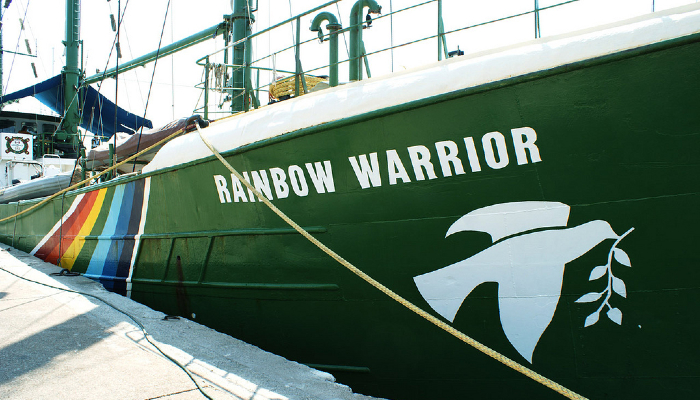
Nuclear-free New Zealand
Where can I find information about the nuclear-free movement in New Zealand?
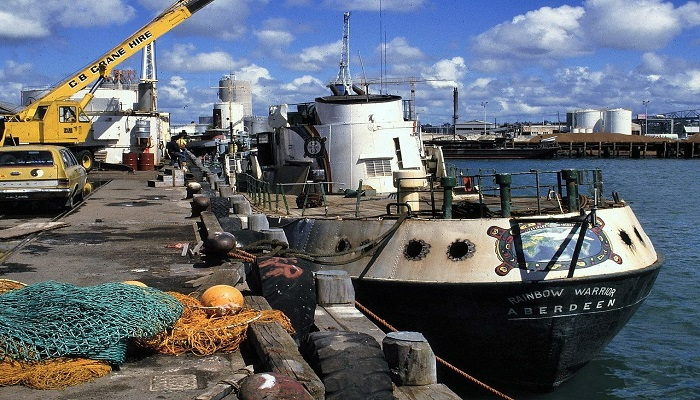
Rainbow Warrior bombing 1985
Where can I find information about the bombing of the Rainbow Warrior?
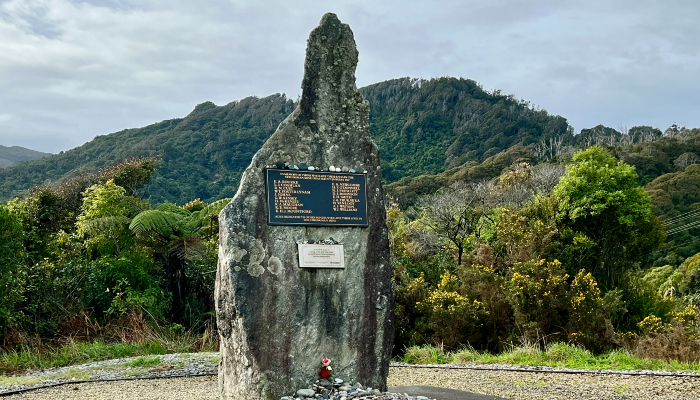
Disasters (New Zealand)
Where can I find information about disasters in New Zealand?
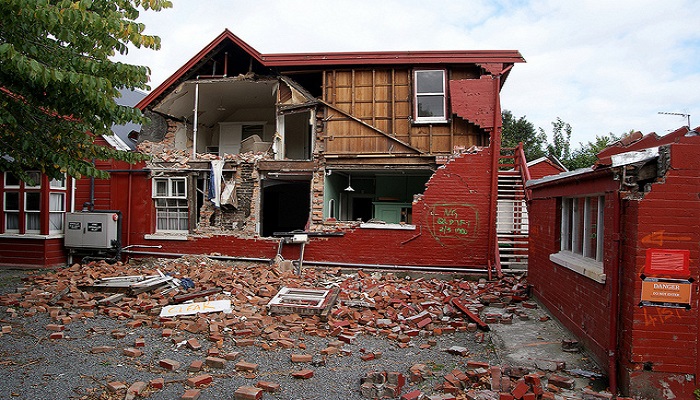
Natural disasters (NZ)
Where can I find information about natural disasters in New Zealand?
